Grower Stories #124: Dr. Chanda Macias
Published
Updated
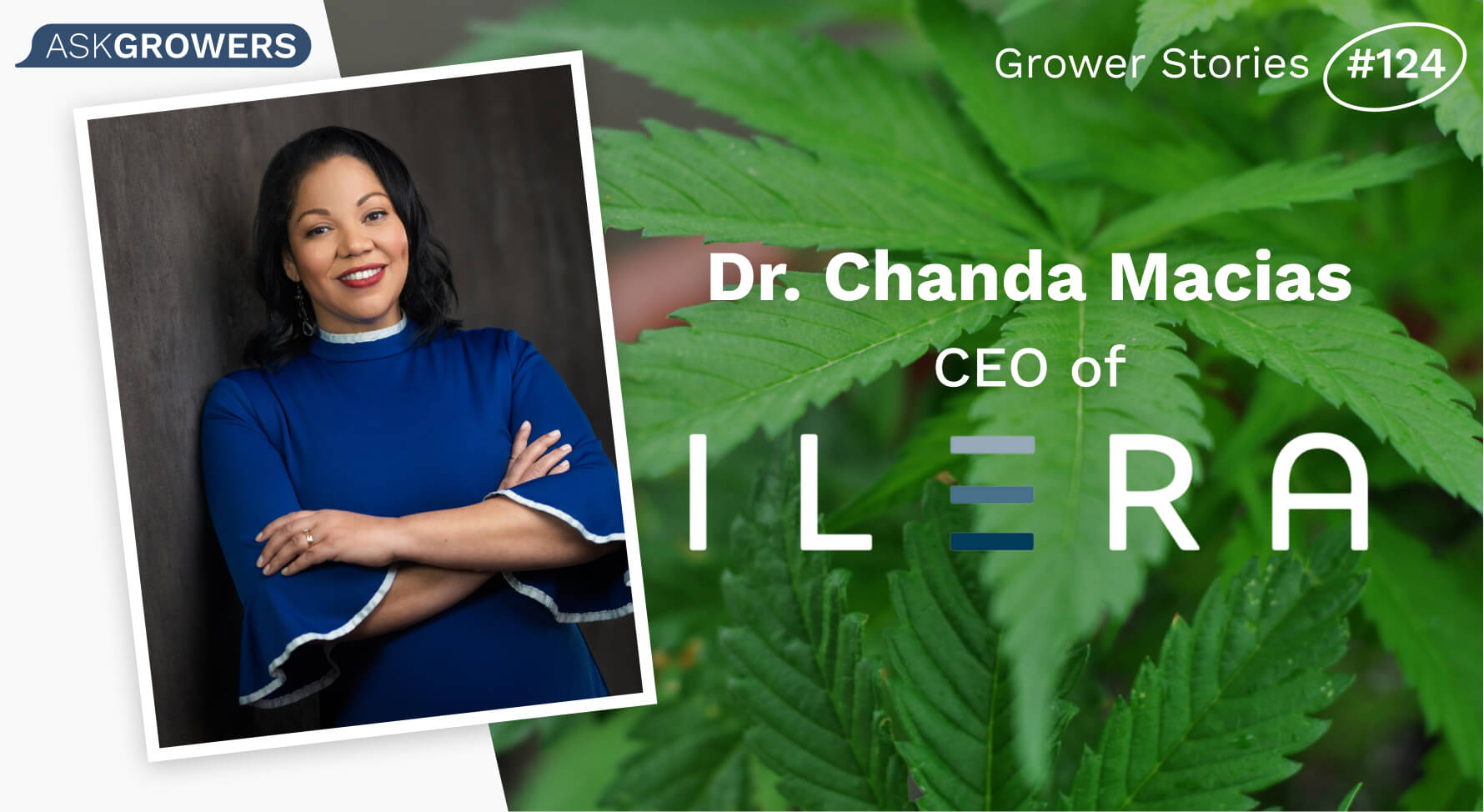
Interview conducted by Karen Laverty and edited by Lana Braslavska.
Ilera Holistic Healthcare Develops Medical Cannabis Products to Help with a Variety of Ailments
The AskGrowers team chats with Dr. Chanda Macias, founder of Ilera Holistic Healthcare. Dr. Macias talks about how she got her start in the world of medical cannabis based on her education, and how her company is helping patients find new treatment options with cannabis. She also talks about her ‘Hope’ products for patients suffering from autism and brings to light Women Grow, an organization that empowers women in different roles within the cannabis industry. #growerstories
For over 15 years, Dr. Chanda, MBA, Ph.D., has devoted her time, talents and expertise to advancing the careers of women and minorities, while improving the quality of life for patients suffering from various ailments. She is the Owner and General Manager of the National Holistic Healing Center Medical Marijuana Dispensary (NHHC) in Washington D.C. NHHC provides patient education and support, medical marijuana, and medical marijuana-infused products to qualifying patients or designated caregivers in compliance with the D.C. Department of Health.
Dr. Chanda connects, educates, empowers, and inspires women entrepreneurs and patients through her outreach platform as the CEO and Chairwoman of the Board of Women Grow. Since its inception in 2014, Women Grow has cultivated thousands of women-owned cannabis and hemp centric businesses with a global educational reach. You can learn more about Women Grow here.
As the Vice-Chair of the National Cannabis Roundtable (NCR) Board, Dr. Chanda promotes common sense federal legislation, tax equity, and financial services reform.
Karen Laverty : How did you get started with medical cannabis?
Dr. Chanda Macias : What was interesting is that I started in the healthcare industry very, very young. I was such a young student at Howard University and I had a community of women that I knew personally, that were impacted by breast cancer. And so, I decided that I would focus my undergraduate work on breast cancer research, specifically the BRCA1 gene. As I studied cancer more and more, I decided when I went to graduate school that I would focus on prostate cancer with metastases to bone.
So I've always been a biomedical researcher and during my work, what I found was that cannabis had a therapeutic benefit for patients with cancer and I started to do research there but unfortunately, my advisors and my educators were like, “we don't want you to study cannabis”. It's illegal and with the impact that it has had on the African American community, they were like, “just go a different direction”. But that's when I really was exposed to the healthcare benefits of medical cannabis.
Karen : You started National Holistics in 2015 and then you expanded your footprint to Ilera Holistic Healthcare, which partners with Southern University which is one of two cultivation processing facilities in the state of Louisiana. Can you talk a little about that journey you went on?
Dr. Chanda : So one thing that I've always had a passion for is education, and after leaving corporate America, I decided that I would definitely go back into academia. I am a two-time Howard University graduate so I went back there and became the director of STEM education. Now, I had multiple grants and what was important to me was that I focused on doing meaningful work to help students in STEM industries.
So I had partnered with Southern University, with the Department of Energy Grant, that did outreach efforts to help bring students into the college industry in the state of Louisiana. And naturally, when I pivoted over into the cannabis industry, I maintained all those relationships. So my relationship with Southern University started in the academic sense, in that community outreach sense, but it just started to pivot more towards cannabis. And in 2015, I offered internships and scholarships to students at Southern University which evolved into our relationship today at Ilera Holistic Healthcare where we were able to select the vendor to actually produce cannabis for their university.
Karen : Can you give us an overview of how medical cannabis works and the treatment opportunities?
Dr. Chanda : It is very interesting how medical cannabis works. I think people think that there’s just one strain of cannabis that works for everything. What people don't know is that there are different strains - there are thousands and thousands of different strains that have, what we know as, cannabinoids. Most people know the cannabinoids to be THC or CBD, but there are over 140 different cannabinoids that work on our cell-cycling system to make us have a sense of well-being and balance in our lives. And in conjunction with that, the plant has terpene compositions. People always say what are terpenes, and it's really simple - they’re essential oils. We see them naturally occurring in all types of plants. So if you think about a lemon, you think about the terpene it has and it’s Limonene. It's what gives it the characteristic smell. It has natural benefits such as being a natural antidiuretic as well as an antidepressant. So, if you put that in conjunction with these cannabinoids, you're really producing some dynamic medicine.
With that being said, those combinations are in thousands and thousands of different plants. And using the right plant for your ailment and condition can actually treat some of the underlying conditions or keep your well-being or balance in life for your healthcare needs. And so when I think about cannabis and how it really works, it works because it's a natural ingredient that really restores what our cell-cycling system is supposed to look like.
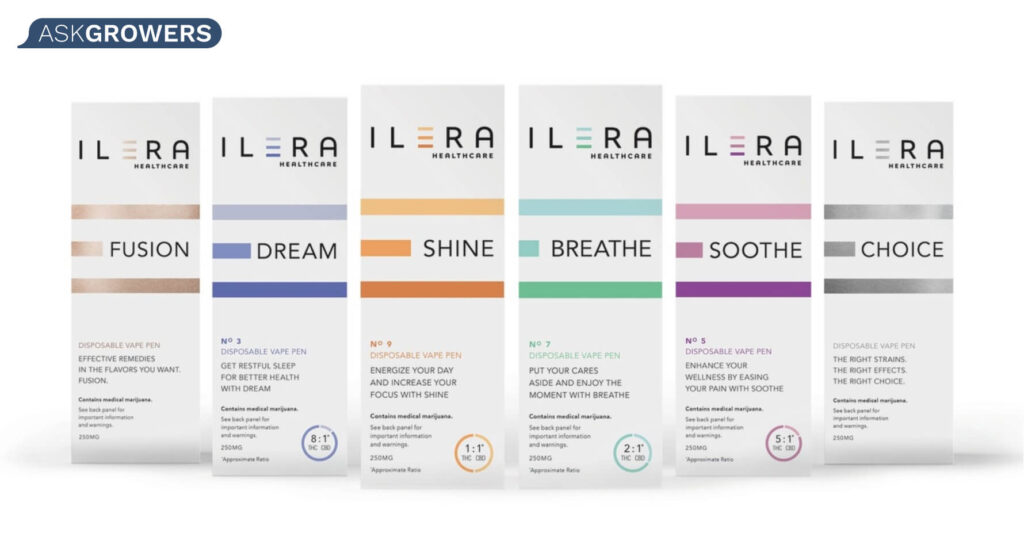
Karen : We are seeing more cannabis use with autism. Can you explain to us a little bit more how that works?
Dr. Chanda : I work with a nonprofit organization for autism and it came out of a place of love for creating a voice for our children. So as you know, autism can range from moderate to severe and what we wanted to do is that we followed our parents, reaching out to different legislators saying that we really need this as a qualifying condition because we needed healthcare treatment for children. Even though we see it in adults as well, the parents wanted more active participation with that as a qualifying condition.
I will also tell you that I have a dual role - I'm also the CEO of Women Grow. Women Grow represents thousands and thousands of women in the cannabis and hemp industries, and I have met many women that became “refugees” - meaning that their children used medical cannabis as a healthcare solution but they had to go to other states. So they had to split their families to get their children the necessary healthcare treatment in different states like Colorado. So, in states like Pennsylvania, more specifically, there was a law called the Safe Harbor Act, which allowed parents to safely harbor cannabis and to treat their children until they had their own medical program. At that time, we immediately called to action and worked with several different chemical engineers and scientists and produced a product called Hope. We have Hope 1 and Hope 2, and what it does is that it actually serves patients, both children and adults, with autism.
Karen : How does the average parent or person start to learn about cannabis?
Dr. Chanda : Usually, what we find in the industry is that traditional healthcare hasn’t helped patients or they don't have proper access to it. Meaning that they aren’t able to get Medicare and they're searching for a way to be able to somehow treat themselves, to make themselves whole again or have that quality of life. So, I would say that the first question is, have you spoken to your healthcare provider? As we know that that's another tricky situation but as time evolves, there are different platforms where patients know that “okay, we have a medical program but where can we seek that?”
And so each state has a Department of Health and in the ones that have legalized medical cannabis for different ailments and conditions, people can actually go in to become a patient and find out more about it and if it works for them. So that’s some of the resources that are available. I know that on my website, the doctorchanda website, I host a variety of classes and education portals, but I think what’s important is that the patient always makes sure that they're their own healthcare advocate and find a doctor that specializes in cannabinoid medicine to help guide them on this journey.
Karen : What are the major obstacles in getting more medical professionals to see the medicinal use of cannabis? Have you seen that change in the last several years?
Dr. Chanda : Oh, definitely. I operate in multiple states and I see it from state to state. But if I think about what the problem is, well less than nine medical schools actually teach about the endocannabinoid system which is a cell-cycling system that balances out other systems in our body. And because there's that lack of research on how cannabis actually works in conjunction with the endocrine system, doctors really don't know how to recommend medical cannabis to their patients because they've never been educated on that topic. And so when we look at how we can open up this paradigm to our healthcare providers, it starts with changing the laws. It starts with allowing us to do more research and providing opportunities to do research about the uses in the best efficacy of medical cannabis. Another thing I would have to go and pivot back into is education, education, and education. We need to have it in our medical schools. We have to have it also in healthcare programs to talk about the endocannabinoid system.
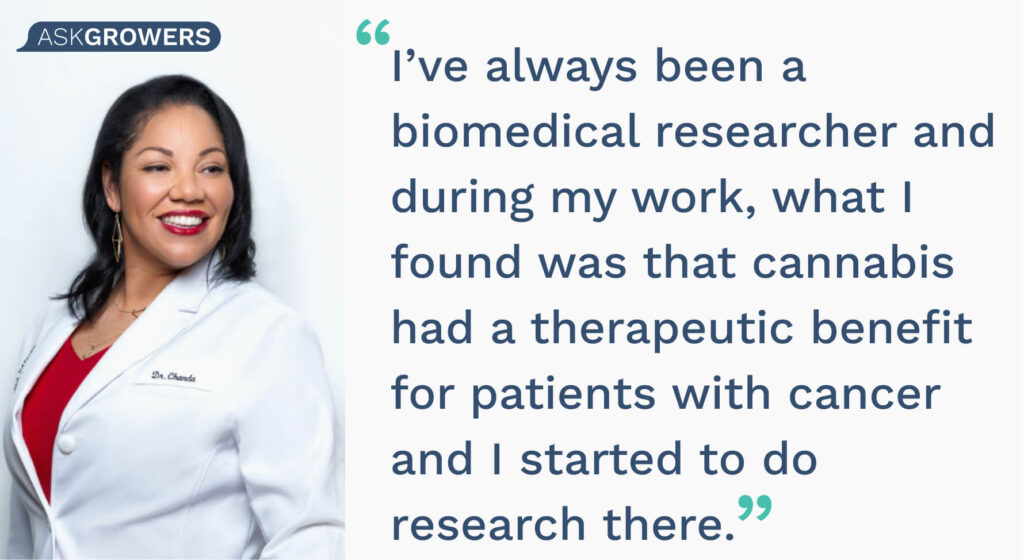
Karen : Could you tell us about the work you did investigating oral diseases and possible treatment options at Colgate-Palmolive company?
Dr. Chanda : Yeah, definitely. So I did my undergrad in breast cancer and prostate cancer at Howard University Graduate School, and then I decided to enter corporate America and actually produce products that can help with personal care, specifically oral care. So, as a research scientist and, more specifically, as a cell biologist, I really look at cell signaling pathways to deal with different diseases or cancer, or different disease states, I should say.
At Colgate, I really focused on the oral care aspect and infectious diseases. From there, I was able to generate 3 US patents and 10 world patents and was fast-tracked to get my MBA in Supply Chain Management there. So it was a really strong pivotal step in the reality of producing a brand and bringing medicine to patients. But what was interesting is that my heart still laid mostly with education - to help others that look like me and act like me and live like me, to give them access to the world that I know in the cannabis industry today.
Karen : Last week Hispanic Heritage Month started. Are you planning any special initiatives?
Dr. Chanda : Yes, we can't reveal them right now but if you follow Women Grow on Instagram and Facebook, you'll see some of our podcasts and our special guests that we're going to have with us. We kicked off the celebration internally with our blowout and we're really celebrating our heritage and it is so important that we embrace the fact that the war on drugs impacted Brown and Black people across the nation, but also knowing that we have a unique place in the cannabis industry that belongs to us, that we're reclaiming now.
Karen : Do you think cannabis will be federally legal in the next 5 to 10 years?
Dr. Chanda : It’s really hard to say but I can tell you that I feel very strongly that we're headed in the right place. It's my role and responsibility to advocate for us - to advocate for us on the federal level as well as the state level. And so, I have continuously put efforts into making sure that we have fair social equity programs and social justice reform programs, but I really feel that those two key issues need to be resolved before we just open federal legalization to all. That’s because I feel like, at that point, the expungement of records and the release of people that had non-violent cannabis possessions should be dealt with and if we legalize too fast, they might be left behind. So it's my goal to make sure we do it with the right steps at the right time to make sure it's done correctly.
Karen : What can we do to improve social equity in this industry?
Dr. Chanda : I think that each state has the right to have a social equity program and actually has the responsibility to make sure that Black and Brown people are represented in our industry. And so I will say that if there's anything I could do more intentionally, it would definitely be to say that legislatively, there needs to be a social equity program to give people of Black and Brown nature access to the medical cannabis industry.
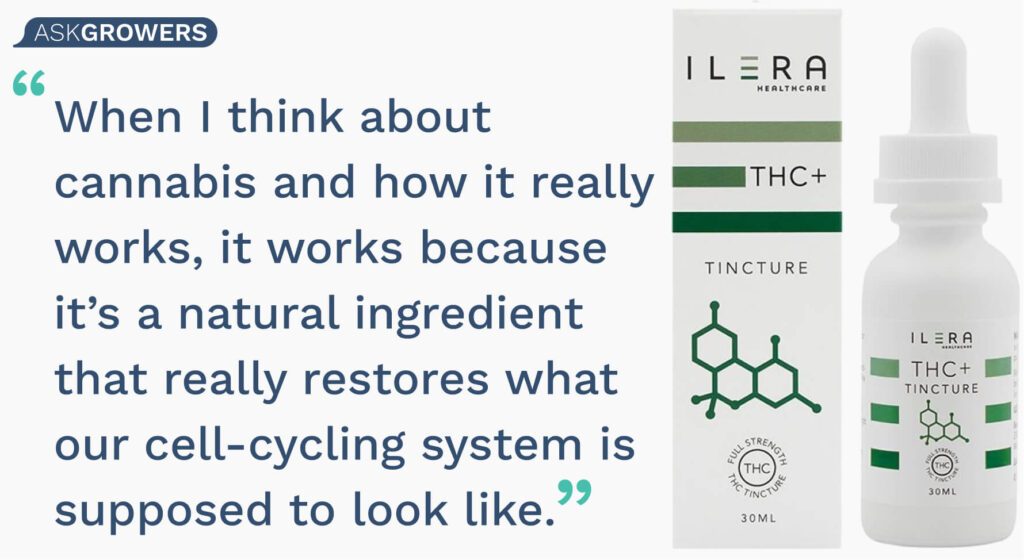
Karen : You had talked about Women Grow. How can someone get involved in that?
Dr. Chanda : We have our annual leadership conference every year that's been sold out for years. We started in Denver in 2014, and it was a bunch of women that came together and said that we really need to empower each other and lift each other's voices up and share the resources to get into the cannabis industry. And so we have always had our leadership conference.
I know that right now, because of COVID-19, we haven't been able to have it in the past two years. But we're gonna jump start that off again in 2022 and really help bridge the necessary needs that women of the industry have in order to have the resources necessary to become small businesses, or very big businesses, in the industry. So, if you follow us on Facebook or on Instagram, we always post up opportunities and ways to jump into the industry. And hopefully, in the next year, we'll start off our leadership conference again.
Karen : What advice would you give to women going to enter the industry?
Dr. Chanda : You know what's interesting is that I always say, wherever you are, I would start by pivoting in that area. So for example, I've always been in healthcare so for me to pivot in the cannabis healthcare business was easy. I just needed to understand the expertise of my industry but once I was able to do that, it was really using my skill sets to continue my growth. So if I think about an accountant, for example, and you really want to get into the cannabis industry, the best way to enter is really to understand the 280E Tax Law. Because if you can master that, then you can become a specialized firm for cannabis operations all over the nation. And that is what we don't have because this industry just started.
Karen : Is there anything you want to mention that we didn’t touch on?
Dr. Chanda : I know that cannabis can be a taboo issue and the stigma is still real, it's out there and there's hesitation about getting in the industry. But I want to say, from a businesswoman to another businesswoman, we need you here, we need your voice, we need your expertise, and we welcome you into the industry. There's less than 27% of women in the cannabis industry today and I struggle with that because I know that we are the caregivers, the healthcare providers, the small business-minded people, and we can be doing so much more. I understand this stigma might be hard to overcome but please join this if you're able to.
And the second part of that is that as a healthcare provider, I know that using cannabis is still taboo on top of all that but I have seen some amazing things. I don't even call it medical marijuana, I call it “miracle marijuana” because of the miracles of the cannabis plant and how I've seen it restore health and well-being. It's just phenomenal. So if you have an ailment or a condition that traditional medicine is not helping you with, please consider cannabis as a first line of defense, not the last.
You can follow Chanda at:
Thank you so much Dr. Chanda for taking the time to do the interview. To learn more about Ilera Holistic Healthcare, head on over to the website.
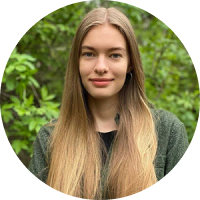
 Interviews
Interviews
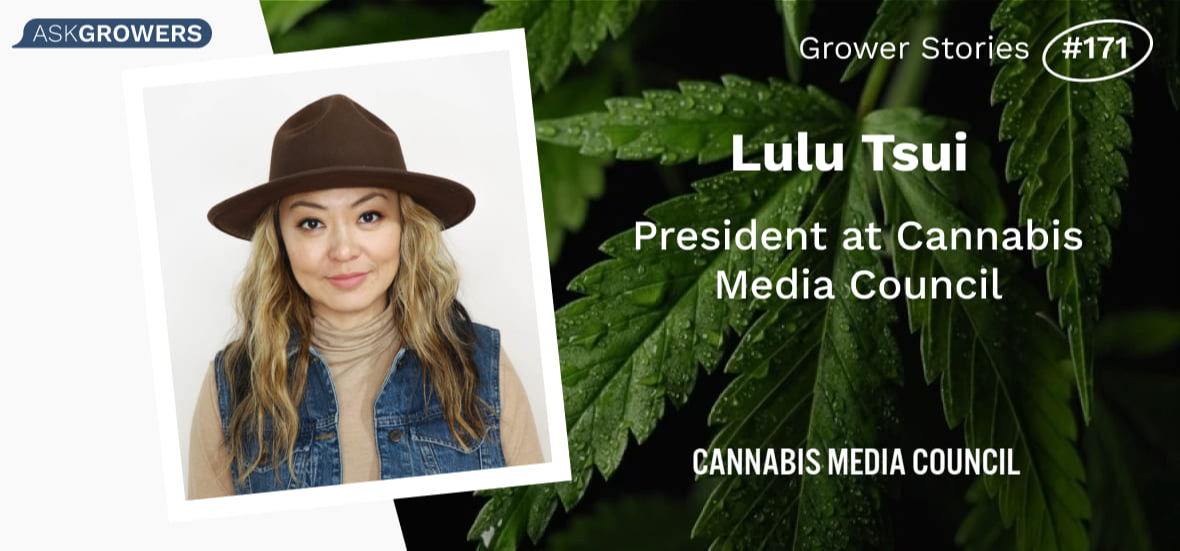
.png)
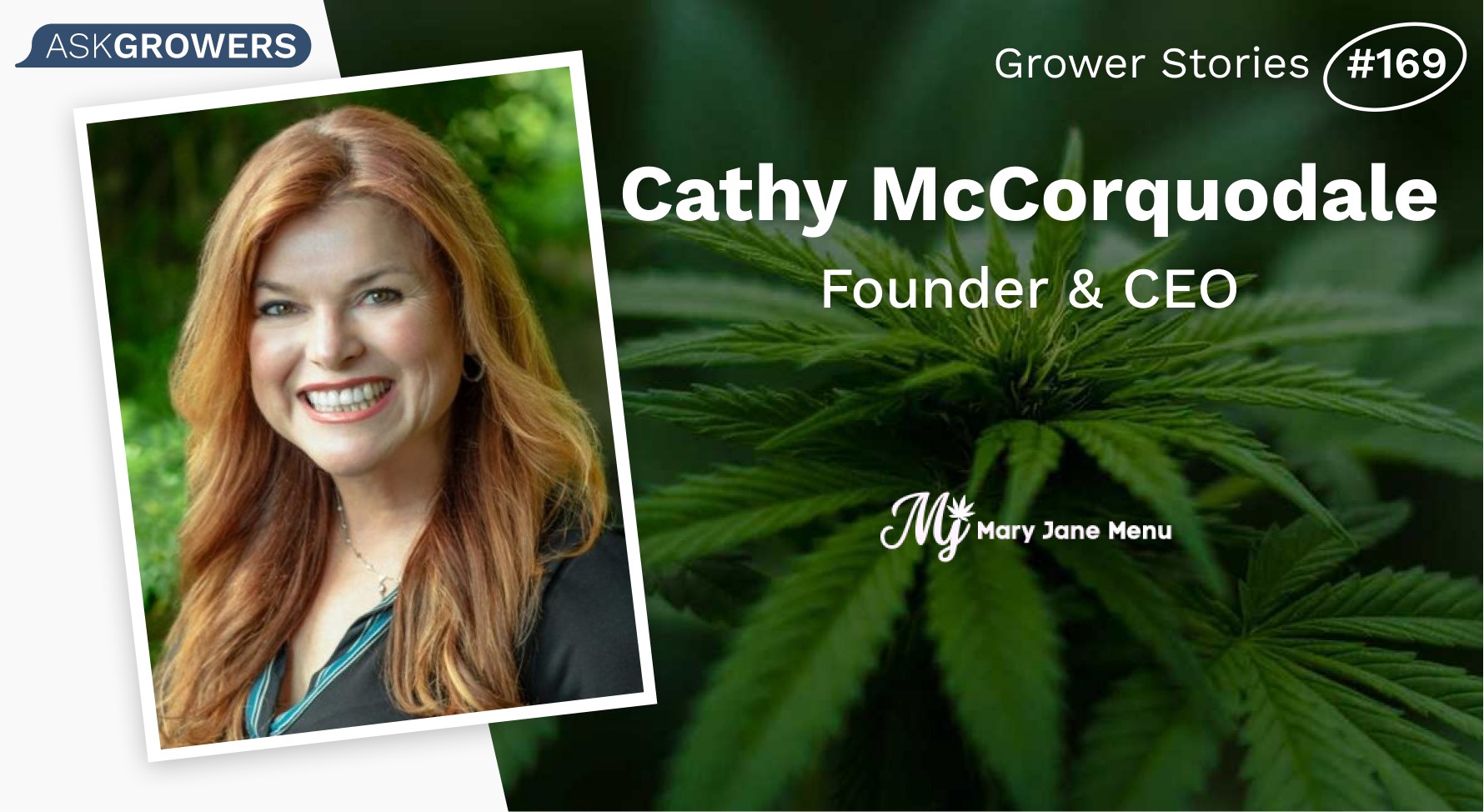
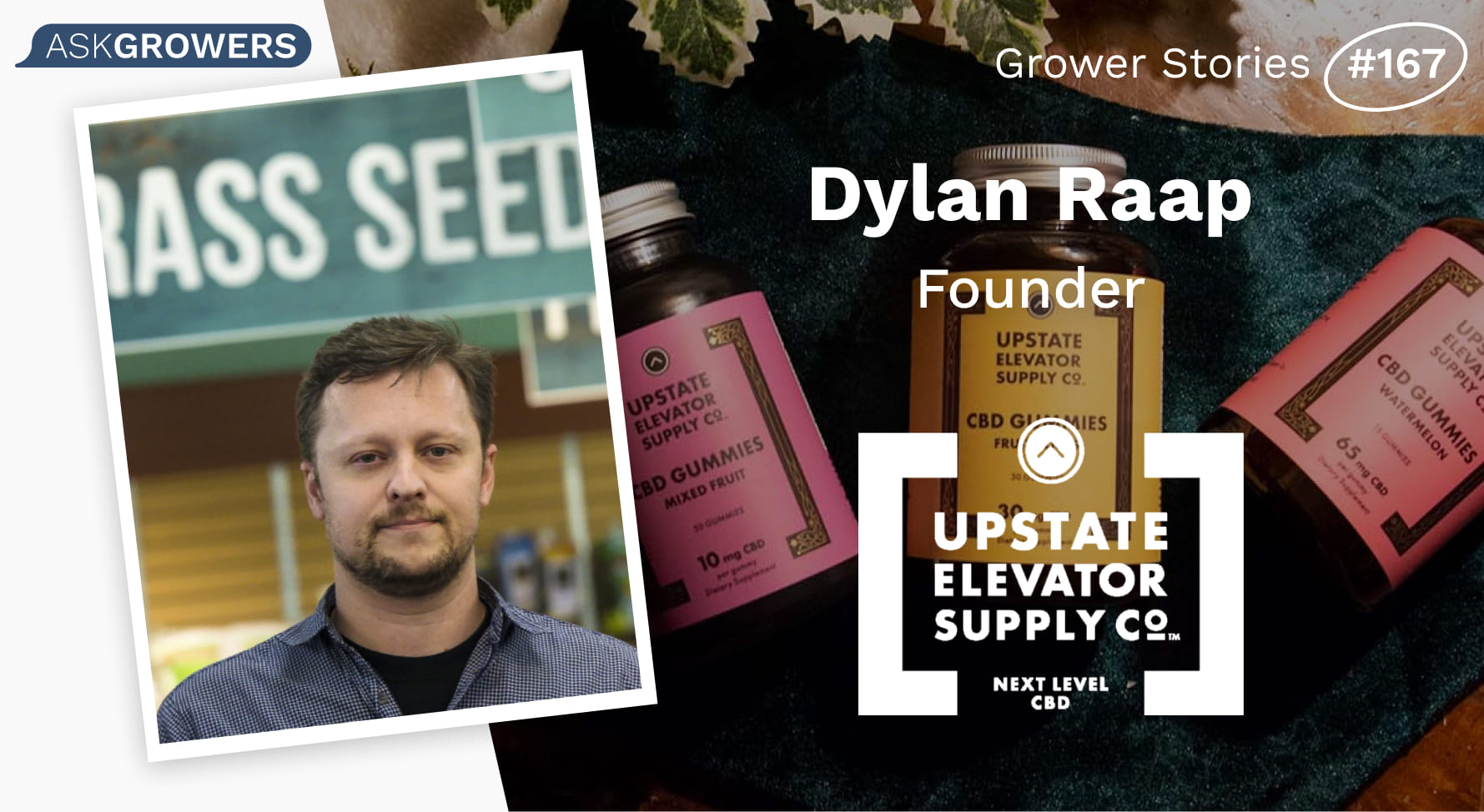
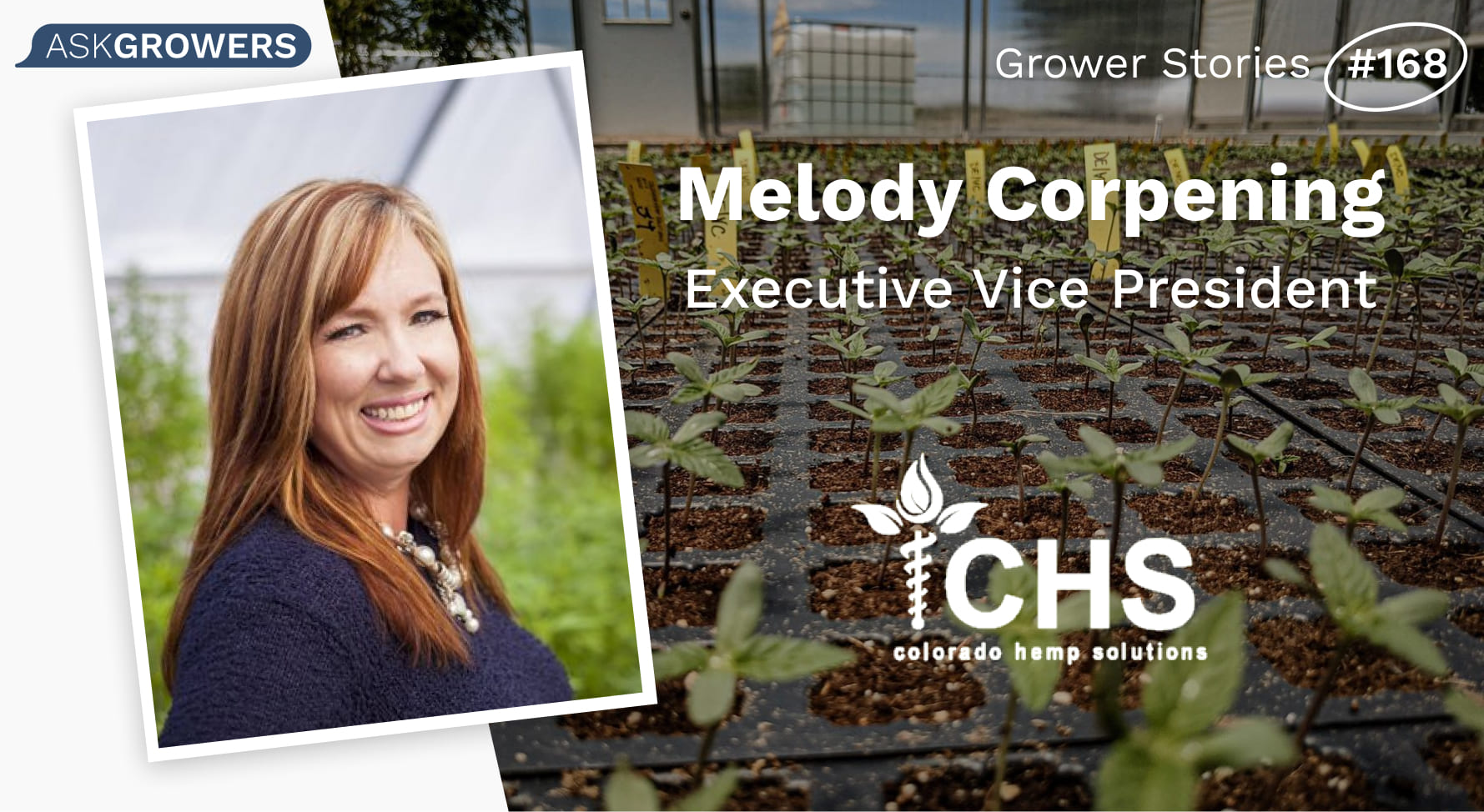
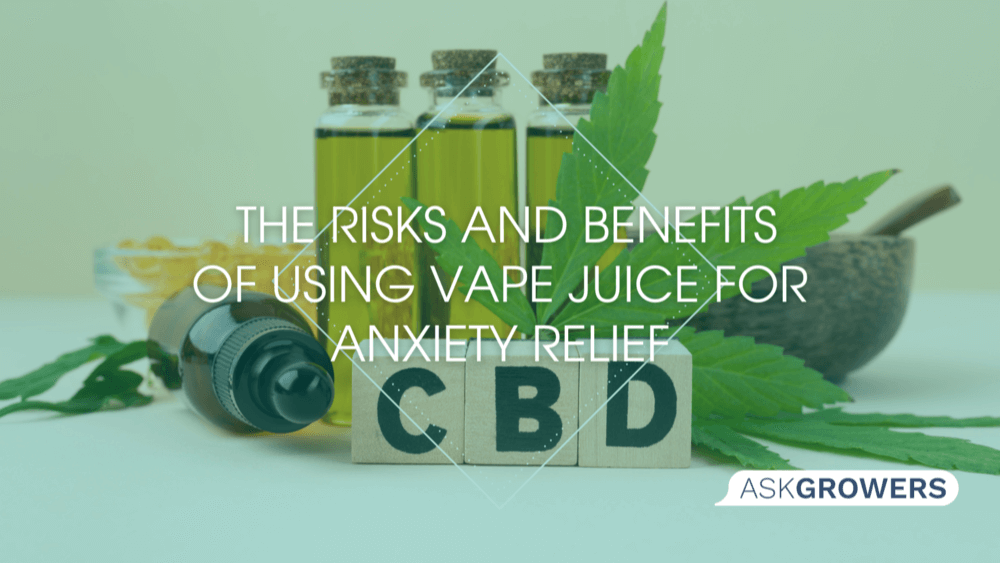

 (1).png)

.jpg)
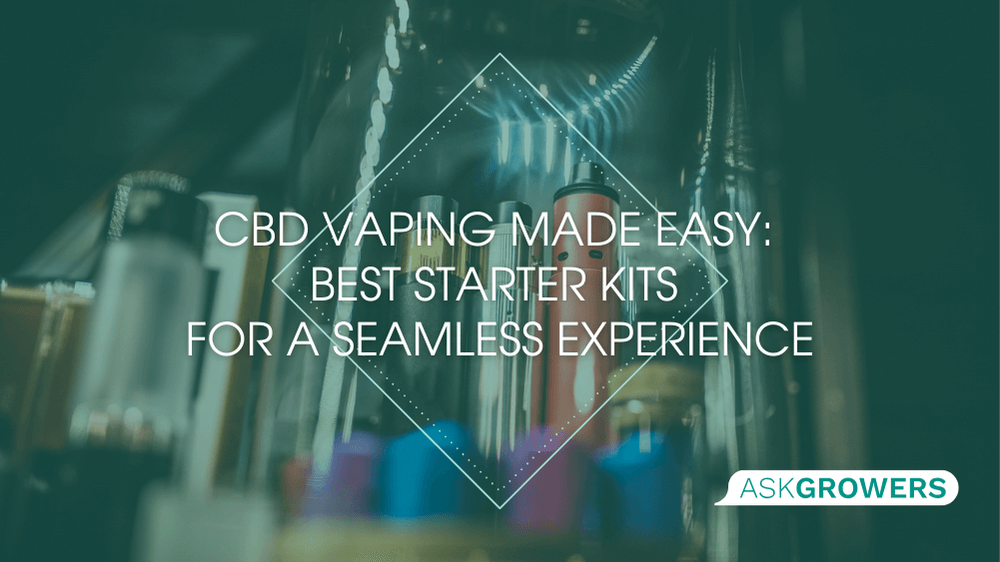
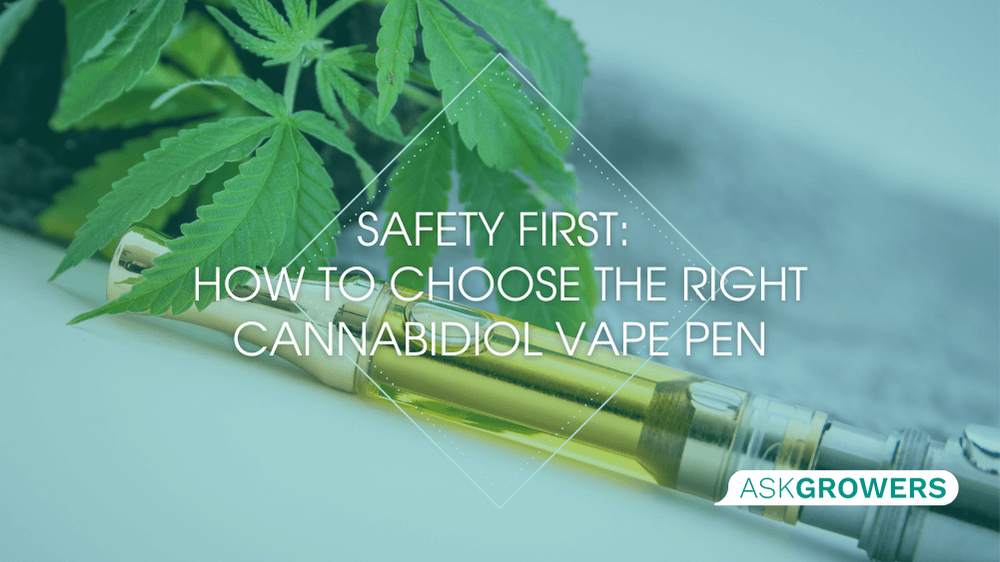
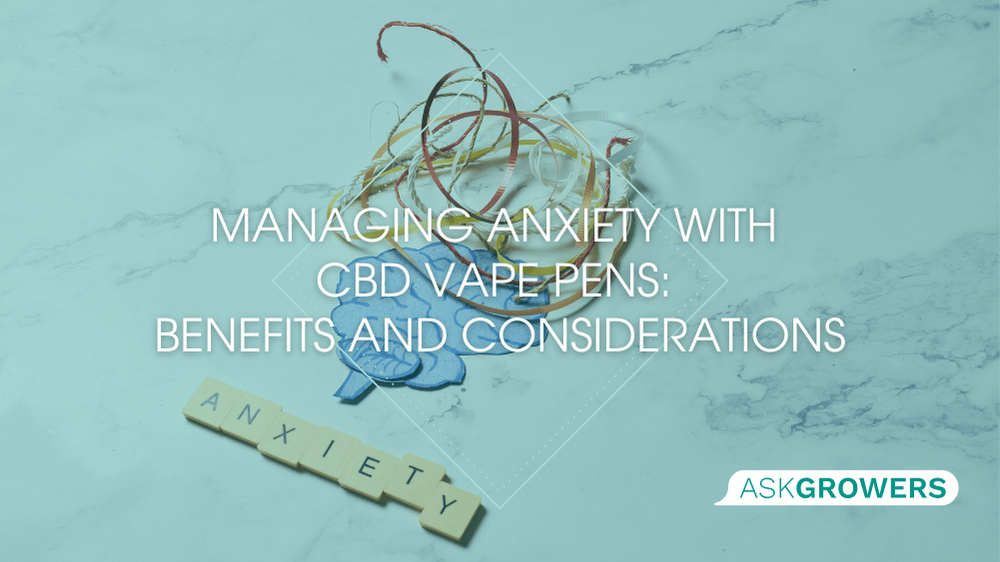


Be the first and share your opinion
Write a Review